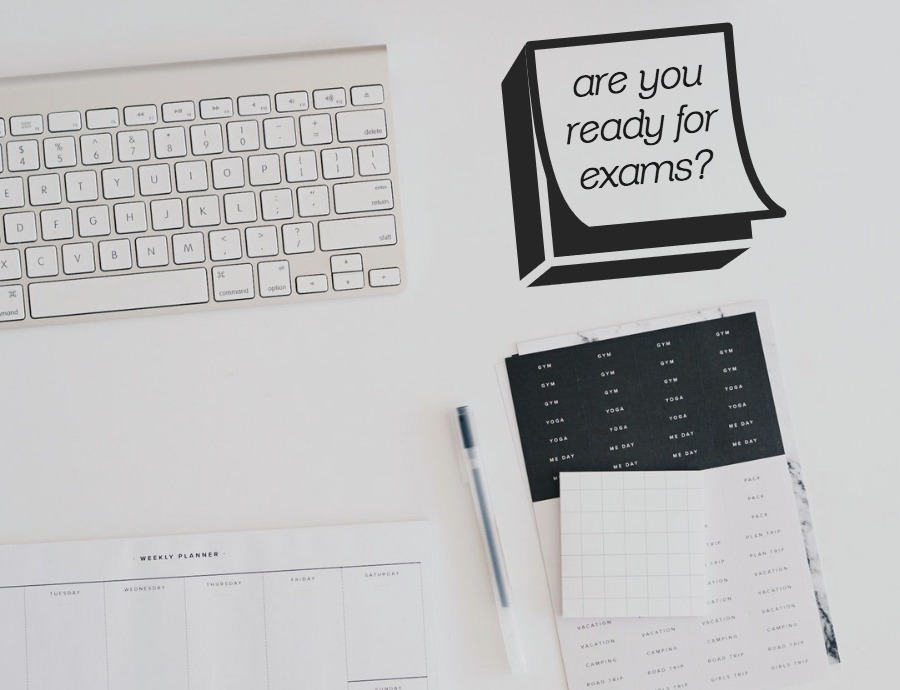There’s nothing worse than having to catch up on a lecture that you actually went to. It happens, though. Your mind might wander. You might be thinking about something else. You’ll find, sometimes, that you have no memory of a lecture that you just sat through. Even if you were paying attention, you might find that you struggle to remember the information. You’ll have to make it for it later, and this translates into wasted time and more work.
If you want the best grades, then you need to get the most content, right up front. Don’t just sit in your lectures and expect to learn by osmosis. Listening isn’t enough. You need to find ways to hear the information, to understand it, and to learn and remember.
Get active in your listening. Here are some tips to help.
Don’t be a passive participant in the lecture. Find ways to keep your brain active and your mind engaged.
If you want the best grades, then you need to get the most content, right up front. Don’t just sit in your lectures and expect to learn by osmosis. Listening isn’t enough. You need to find ways to hear the information, to understand it, and to learn and remember.
Get active in your listening. Here are some tips to help.
- Establish your intention right away, every time. As you sit down for your lecture, decide that you’re going to be present, that you’re going to engage with the material as you listen, and that you’re going to learn and remember. Tell yourself at the outset that you won’t drift off. This is just as important for your favourite courses as for your least favourite courses. This might not work every time, but you’ll find that you’re more likely to pay attention if you’ve told yourself that you really want to.
- Pay attention to the introduction and create a checklist. Find the most important topics, either as you listen to the intro, or, better yet, before the class by consulting the course overview and the readings. Make yourself a check-list. This check-list will give you something to focus on when you feel your attention wandering. It will also help you to study later.
- Evaluate, analyze, anticipate, evaluate. Don’t just listen passively. Question everything that’s presented. Ask yourself how this topic fits in with the other topics you’ve already learned. Anticipate what the professor might say next. Evaluate the veracity of statements.
- Translate and summarize. As you listen, translate the information into plain English. Imagine that you’re going to be explaining the material to a friend or relative. Summarize the material for someone else.
- Find the hierarchy. Not all the information that you hear is equally important. As you listen, try to discern what’s most important. Find the repetition. It can come in many forms such as elaboration, restatement, slow explanation, elaboration. Watch for non-verbal cues. They can come from punching the point, extended eye contact, pausing to write on the white board, etc.
Don’t be a passive participant in the lecture. Find ways to keep your brain active and your mind engaged.








